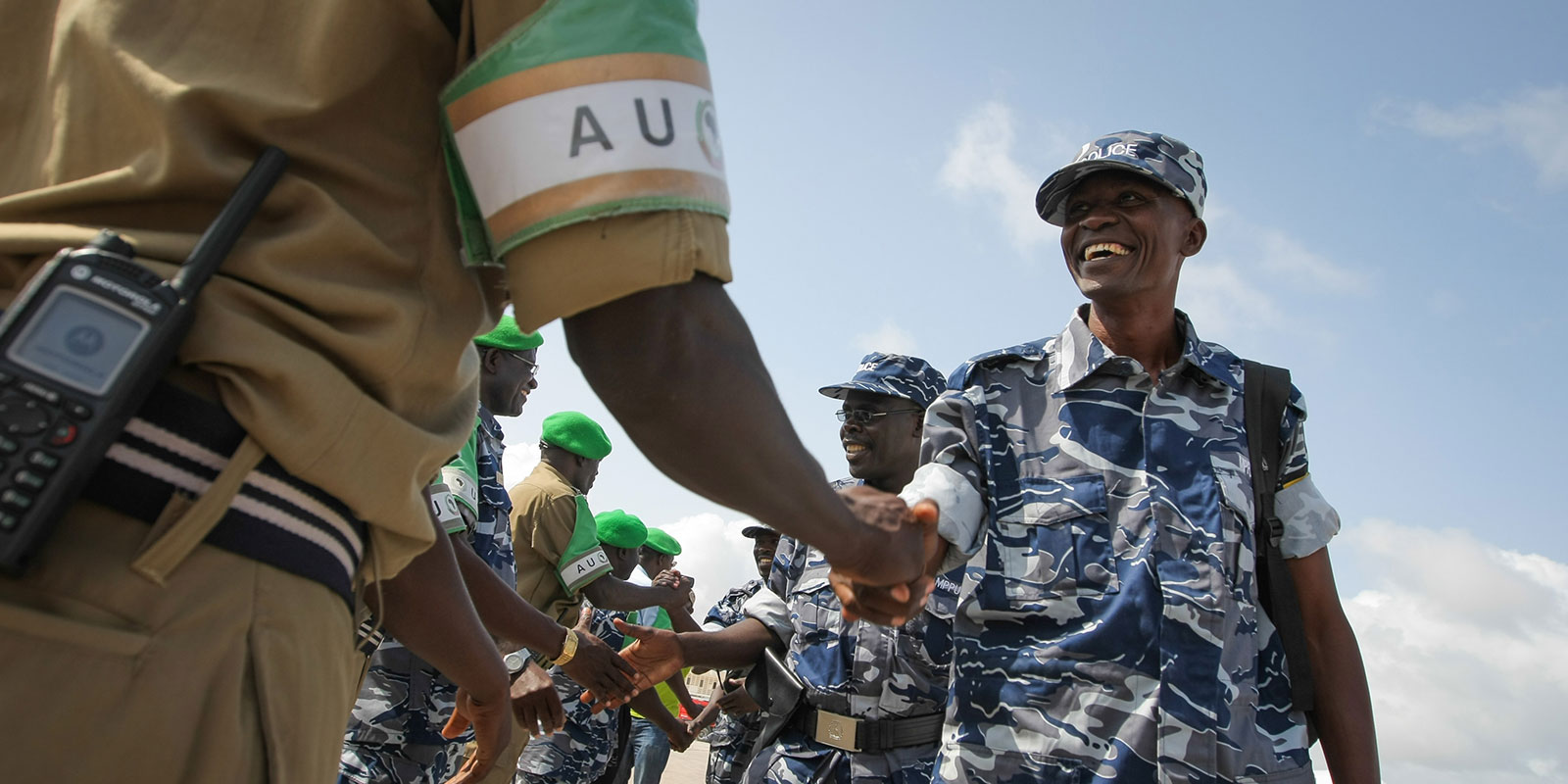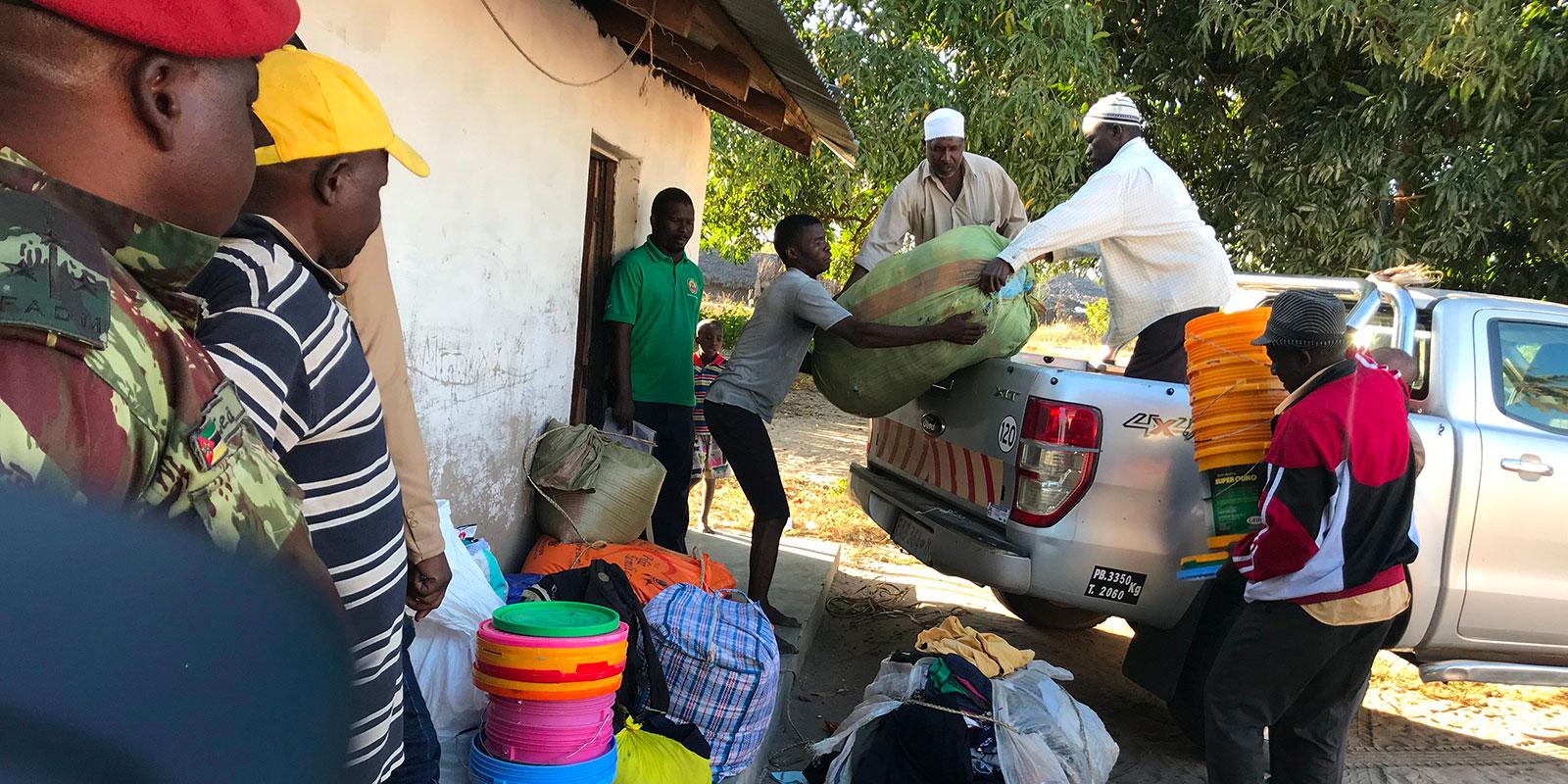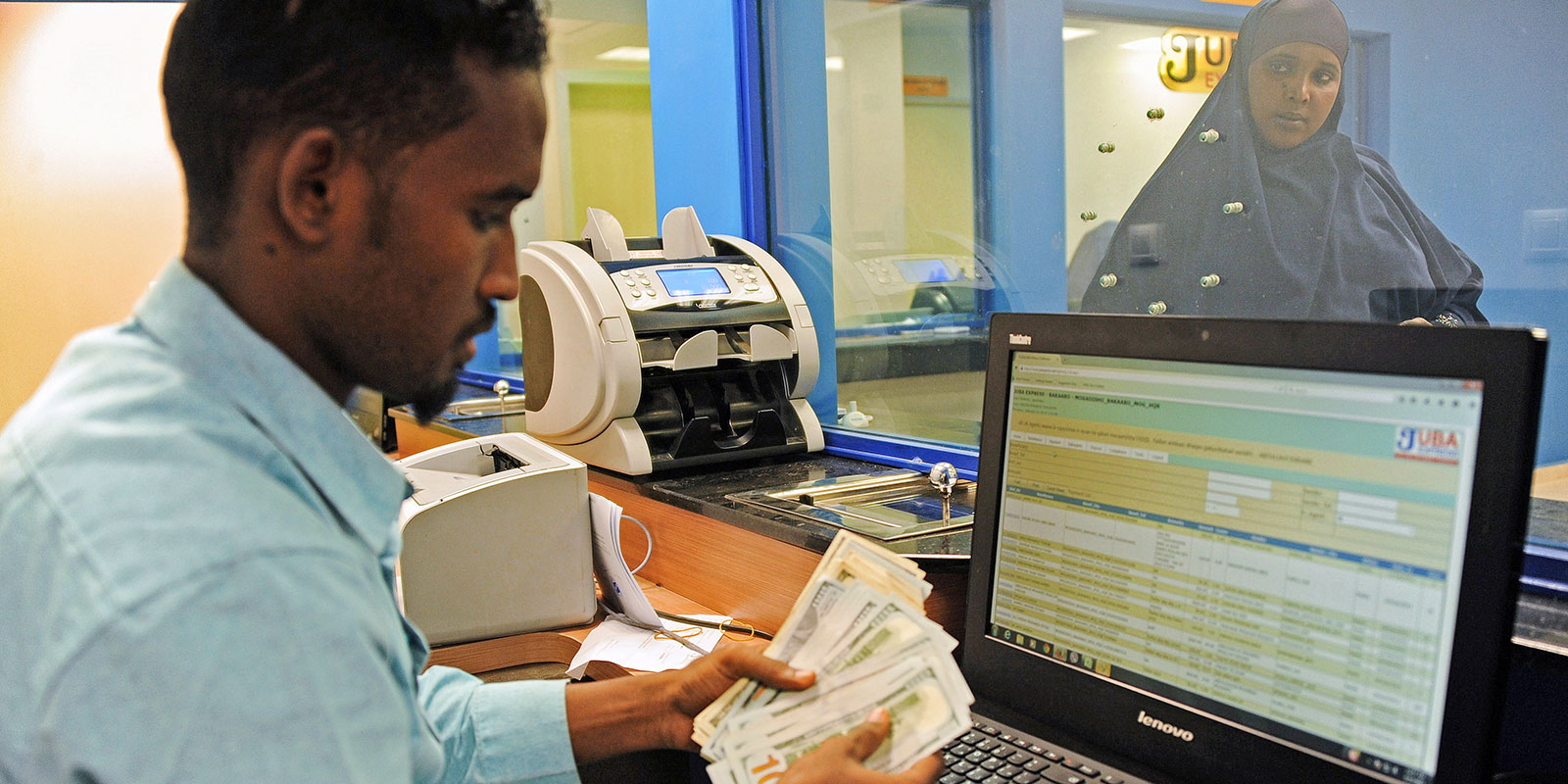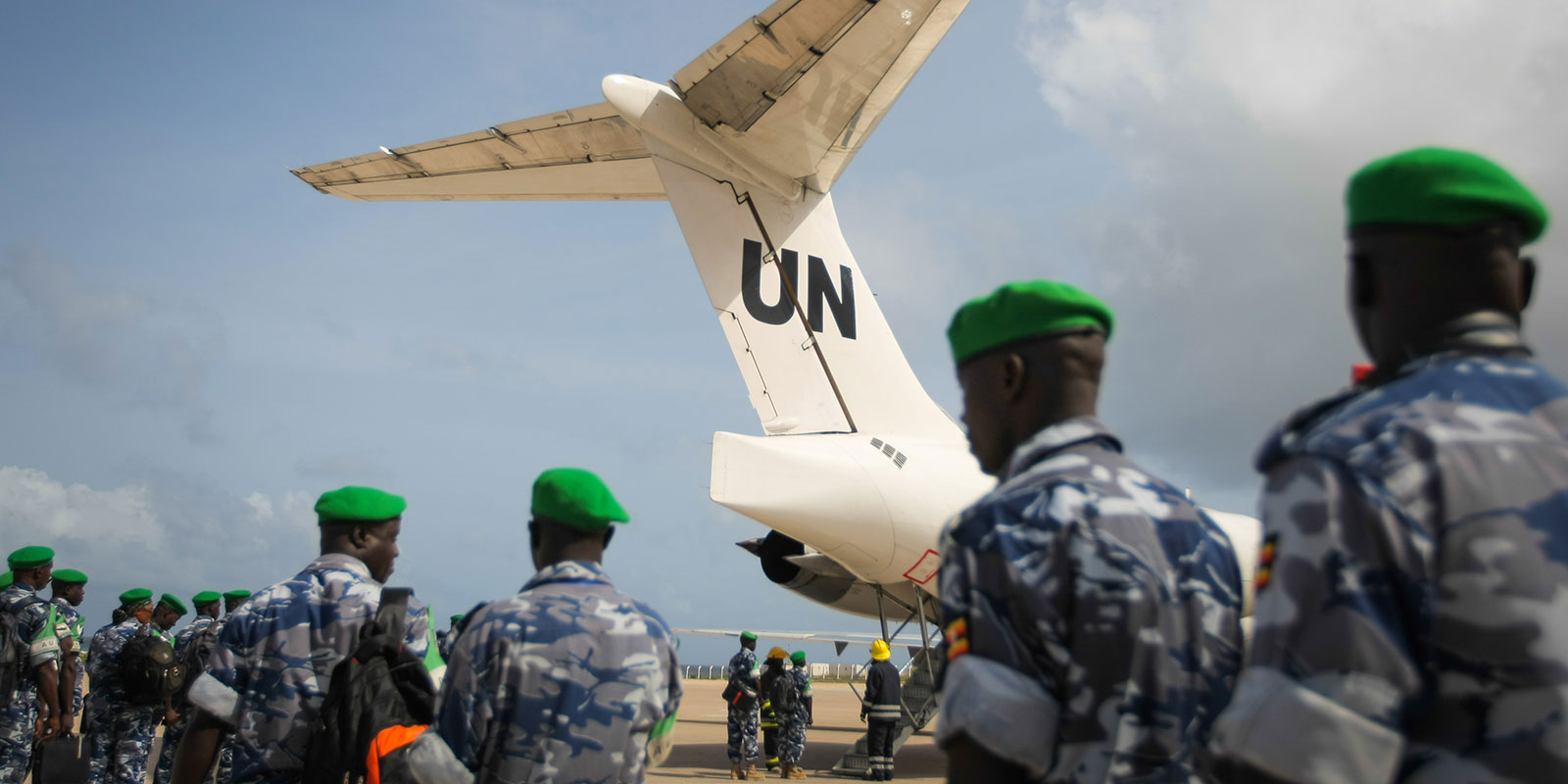In this week’s monitor we start with a contribution by Dr Erin McCandless, an associate professor at the University of Witwatersrand, who argues for a comprehensive humanitarian-development-peace nexus approach towards ensuring peace and stability in Cabo Delgado. Our second contribution is by ACCORD’s own Halima Ahmed, who discusses the impact that COVID-19 has had on remittance flows into Africa and suggests new policies and approaches that can be put in place.
Finally, we end this week’s monitor with an article from Dr Andrea Prah, Katharine Bebington and Keenan Govender of the ACCORD research unit about network multilateralism and its role in peace and security on the continent. This piece is an abridged version of an input challenge paper they have written for the United Nations Foundation in the run-up to the UN Secretary-General’s Our Common Agenda report.







